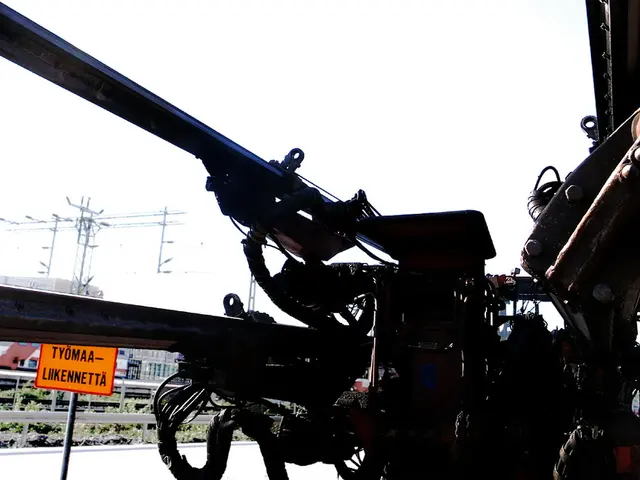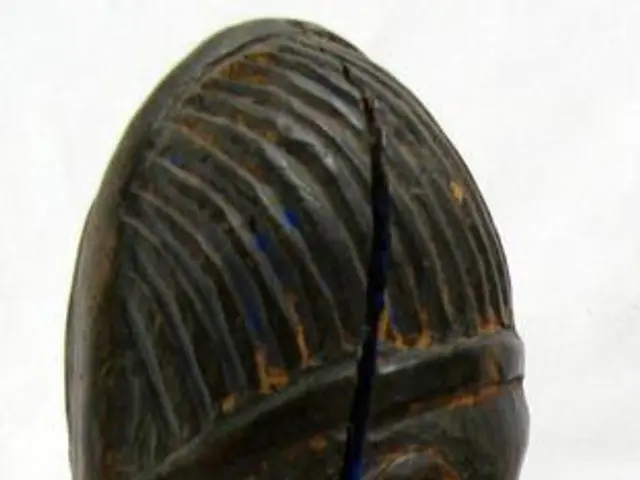Opening of initial eco-center in the city's heartlands
In the heart of Astana, a new eco-friendly hub has made its debut at 8/1 Shaymerden Koshyghululy Street. This project, similar to the successful eco-Hub in Almaty, is an extension of Eco Network's mission to promote an ecological culture in Kazakhstan, a mission that began in 2016.
The first eco-Hub in Astana shares the same vision as its Almaty counterpart: to make waste disposal a habit that is convenient, understandable, and eco-friendly for residents. The hub offers various facilities, including waste collection points, workshops, play zones, and outdoor and corporate events.
One of the key focuses of the Astana project management is environmental education, mirroring the approach in Almaty that has shown high resident engagement over a year and a half. The hub also aims to form a new culture of consumption and attitude towards waste, not just serving as a waste collection point but as a space where ecology becomes part of everyday life.
The project in Astana will pay special attention to working with children and youth, following the successful approach in Almaty. Visitors can participate in educational events, masterclasses, and creative activities, including workshops to create items from recycled plastic caps and bottles.
The team behind the Astana project plans to scale the initiative, with at least six such hubs to appear in different districts of the city, near residential areas and educational institutions. The hub's operating hours are from Monday to Friday, from 9:00 to 18:00.
To address the challenge of lack of information about recycling facilities in Kazakhstan, more than 60 recycling machines accepting plastic bottles and aluminum cans have already been installed in Almaty, with plans for at least 30 in Astana. The hub in Astana also features five special waste bins for separate waste collection: for plastic bags, aluminum cans, paper, plastic bottles, and caps, as well as other plastic items.
The project in Astana continues the success story started in Almaty, where the 'eco-coins' system, a kind of reward currency for sustainable behavior, is already in use in city cafes. Visitors to the Astana hub can witness the transformation of recycled plastic caps and bottles into real items like keychains, phone stands, interior elements, and countertops.
Eco Network is already cooperating with universities and schools in Astana to conduct off-site master classes and integrate principles of sustainable living into the educational environment. The project manager, Hamza Safarov, plans to implement the same approach in Astana as was successful in Almaty.
As the eco-Hub in Astana grows, it promises to contribute significantly to the city's commitment to sustainability and environmental awareness. The expansion of this project is a testament to the growing interest in eco-friendly practices in Kazakhstan and a step towards a greener future for the country.
Read also:
- Budget cuts at federal and state levels jeopardize advancements in fighting HIV and AIDS within Dallas County
- Strategies for Maintaining and Boosting Physical Activity as You Grow Older
- Understanding Prediabetes: A Precursory Condition to Diabetes
- Strategies for Strengthening a Nigerian Infant's Immune System







